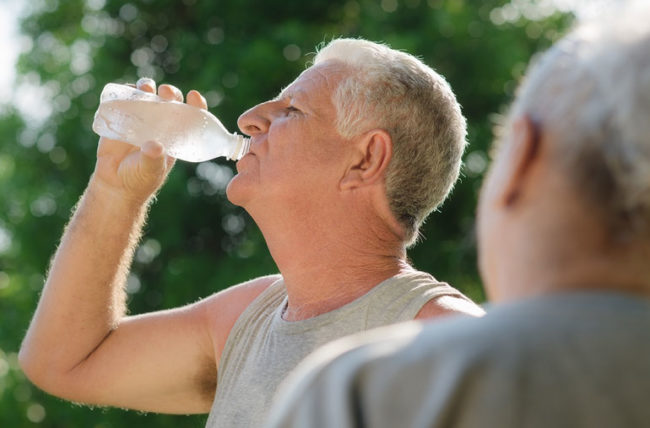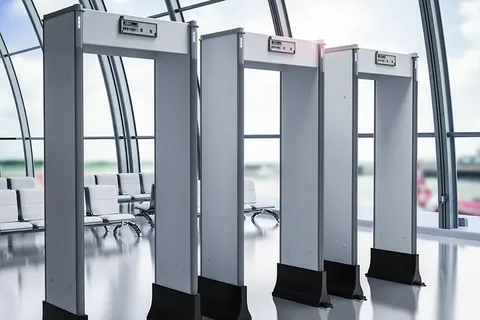
Your kidney may be affected or damaged by many diseases and conditions. As you age, you are more likely to have kidney and urinary tract problems. Kidney problems can also increase the risk of other conditions like heart and blood vessels problems.
Kidney diseases can be serious, but early detection of disease and proper care can increase your kidney’s life. Must learn about the healthy kidney tips.
Kidney disease is not always accompanied by warning signs. If you are at high risk of kidney disease, it is recommended to have a kidney health test (blood test, urine test and blood pressure check) at least every two years.
Symptoms of Kidney Disease
Kidney disease is called ‘silent disease’ because there are often no warning signs. People can lose up to 90% of their kidney function before they bring on symptoms. The first symptoms of kidney disease are common and may include:
- high blood pressure
- Variation in the amount and number of urine (for example, at night)
- changes in the appearance of urine
- blood in the urine
- the leg and ankle flexion
- kidney pain in kidney area
- tiredness
- loss of appetite
- difficulty sleeping
- headaches
- lack of concentration
- itching
- shortness of breath
- nausea and vomiting
- breath smell and metallic taste in mouth.
Risk Factors For Age-Related Kidney Disease
Some conditions that affect the kidney and urinary tract usually occur as people get older. If you are at higher risk of developing kidney disease:
- are over 60 years of age
- have diabetes
- are obese
- have high blood pressure
- Have established heart problem (heart failure or previous heart attack) or suffered stroke
- There are smokers
- kidney has a family history of kidney disease
- Family have a history of serious kidney injury
- Aboriginal or Torres Street Islanders are native.
Keeping Your Kidneys Healthy
- There are many things you can do to keep your kidneys healthy, including:
- If you have diabetes, make sure your blood sugar control is optimal. Follow your doctor’s advice about monitoring insulin injections, medications, diet, physical activity and blood sugar.
- Control high blood pressure. Check your blood pressure regularly. Anti-hypertensive drugs, such as ACE inhibitors or angiotensin blockers, can slow down kidney disease development.
- If you have a high risk of kidney disease, kidney health tests (blood tests, urine tests and blood pressure checks) every two years (every year if you have diabetes or hypertension). Check.
- Treat urinary tract infections immediately.
- If necessary, control blood cholesterol levels with diet and medication.
- Drink plenty of water and choose a diet that has low sugar, fat and salt, but high in fiber. Stick to moderate serving sizes.
- Do not smoke.
- Drink alcohol moderately.
- Be at a healthy weight for your height and age.
- Try to moderate for at least 30 minutes a day.







